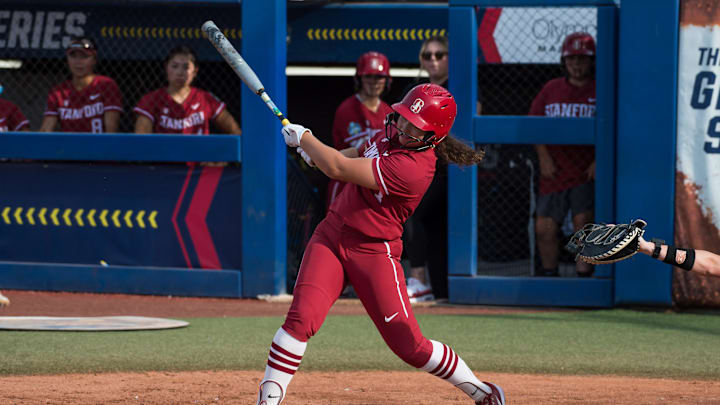The US Supreme Court has suspended the deportation of alleged Venezuelan gang members in the latest showdown between the Trump administration and the judiciary. Donald Trump invoked the 1798 Alien Enemies Act last month to begin rounding up Venezuelan migrants accused of belonging to the Tren de Aragua gang before expelling them to a maximum security prison in El Salvador. The obscure law has only previously been used during the War of 1812 against Britain, and the two World Wars.
In an overnight ruling, the Supreme Court ordered the US government to halt alleged plans to deport a group of Venezuelans detained in Texas after the American Civil Liberties Union (ACLU) filed urgent requests to the high court, a federal appeals court and two trial courts. “The government is directed not to remove any member of the putative class of detainees from the United States until further order of this court,” the Supreme Court’s brief order issued early on Saturday said. Conservative justices Samuel Alito and Clarence Thomas publicly dissented from the decision.

The ACLU said in its emergency filing on Friday night that the group of Venezuelans held in Texas had been told “they will be imminently removed under the AEA, as soon as tonight”. The flurry of activity in the case included an emergency hearing Friday evening before US District Judge James Boasberg in Washington. At that hearing, a Justice Department lawyer claimed that no deportation flights were planned for that night or Saturday.
Judge Boasberg said that because the men are detained in Texas, he does not have authority to rule on the dispute, and the case therefore hinged on an order by the Supreme Court. Attorneys for several of the Venezuelans previously deported have insisted their clients were not members of Tren de Aragua, had committed no crimes and were targeted largely on the basis of their tattoos. Mr Trump, who campaigned on a pledge to expel millions of undocumented migrants , has accused Venezuela of “perpetrating an invasion” of the United States through the entry of alleged Tren de Aragua members.
The Supreme Court ruled on April 7 that anyone facing deportation under the AEA must first be given an opportunity to legally challenge their removal. The ACLU said in its filing on Friday that the migrants in Texas were in danger of “being removed from the United States without notice or an opportunity to be heard”. “Many individuals have already been loaded on to buses, presumably headed to the airport,” the rights group said.
The Trump administration went ahead with the initial deportations of alleged Tren de Aragua members under the AEA in March despite an order by Judge Boasberg blocking the move. Judges and lawmakers are now wrangling with the government and Salvadoran officials over the fate of Kilmar Abrego Garcia , a Maryland resident who was deported last month after what the White House later said was an “administrative error”. Chris Van Hollen, the US Senator for Maryland, visited Mr Garcia in prison this week to check on his condition and offer his support.
The Supreme had Court lifted Judge Boasberg’s order blocking deportations on April 7, in the same decision in which it said people facing deportation were entitled to due process. The deported migrants are held in El Salvador’s maximum security Terrorism Confinement Centre (CECOT), a mega-prison with capacity for 40,000 inmates. Prisoners there are packed in windowless cells, sleep on metal beds with no mattresses and are forbidden visitors.
.
Sports

US Supreme Court suspends Trump’s deportations of Venezuelans

The US Supreme Court has suspended the deportation of alleged Venezuelan gang members in the latest showdown between the Trump administration and the judiciary.















